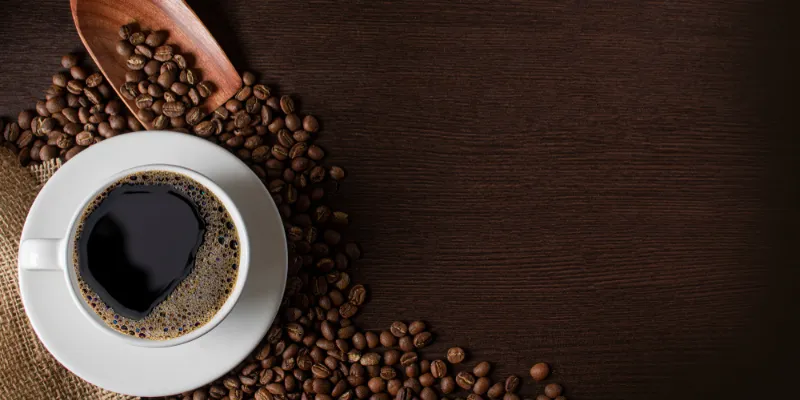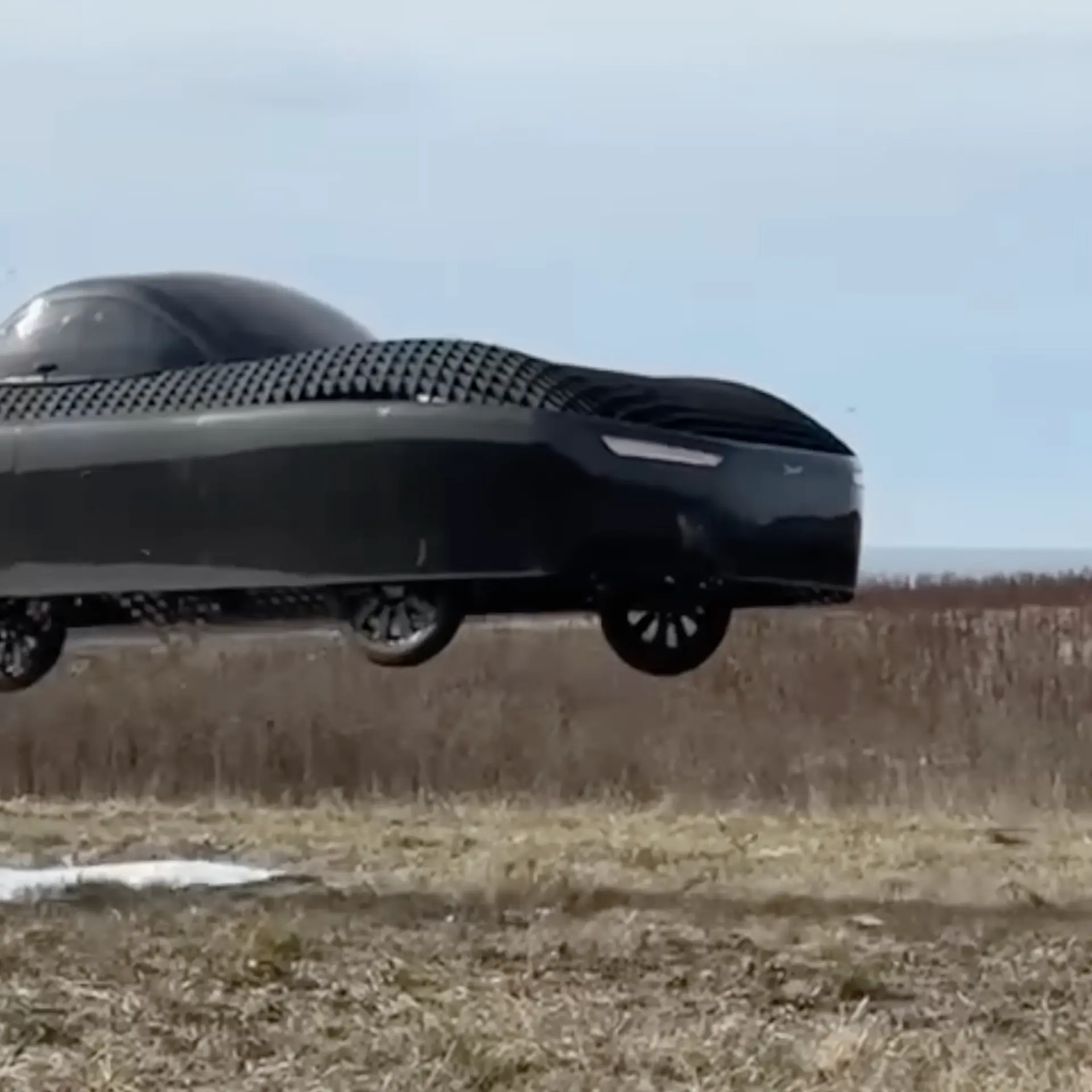From coffee in cans to foraying into Japan: how coffee startup Blue Tokai is ramping up its game
The pandemic hit seems to be in the past for Delhi-based Blue Tokai, which opened 21 cafes this year and claims to have roasted and sold 1,000 tons of coffee till now. The coffee startup is projecting 2x growth in revenue in FY22.
But first, coffee!
India may love its chai, but the market for coffee is growing.
According to Researchandmarket’s India Packaged Coffee & Cafe Chain Market Outlook, 2021 report, the packaged coffee market has been growing at a CAGR of around 10 percent over the last five years. Several startups and founders have forayed into the space, keen to carve a niche and brew up success.
Among them is Delhi-based , which was founded by Matt Chitharanjan, Namrata Asthana, and Shivam Shahi in 2013.
Over the years, despite competition from giants like Nescafe, Bru, and Amul, and prominent cafe players like Starbucks, Barista, and Cafe Coffee Day, Blue Tokai has managed to create a storm in a coffee cup.
It has established over 50 cafes in Delhi, Mumbai, Kolkata, and Gurugram. Cafes apart, Blue Tokai also sells cold brew bags, easy pour, cold brew cans, and roasted and ground coffee through its website and online channels such as Amazon, Flipkart, and more.
How has it been able to chart this kind of a journey?
“What sets us apart is the depth and breadth of our expertise. We are a full-stack coffee company that works throughout the value chain, right from coffee farms to the end customer,” Blue Tokai’s Founder and CEO Matt Chitharanjan tells YourStory.
Blue Tokai’s story started when Matt and his wife Namrata moved to Delhi from Chennai, and decided to start up as they “missed freshly roasted coffee”.
Matt doesn’t reveal initial numbers to start the business, but says the company was bootstrapped for two years.
Years down the line, the company claims to have roasted and sold 1,000 tons of coffee so far and is projecting to grow by 2x in revenue this year.
Navigating the pandemic
Matt says while COVID-19 was tough on everyone, it played a role in redirecting the company to its core, and “sort of accelerated changes that we were already working towards”.
The cafe business did take a hit, but the pandemic “rerouted” the company back to its core.
“Our vision has always been to be a coffee company, not necessarily a cafe company,” he says. “Cafes have been important because that is where people come, try the product, and compare how we are different from the standard coffee available.”
Blue Tokai, which had several cafes across India at the end of 2019, found business taking a significant hit amid the lockdowns and social distancing.
Two years down the line, the cafe business is on the “road to recovery as people are tired of being at home”.
The speciality coffee startup opened 21 outlets this year, covering markets like Chandigarh, Delhi, and more.
Offline expansion apart, Matt says his focus is still “on the product side of the business”, including putting out these products through online channels.

From coffee in cans…
Blue Tokai has recently also come up with a different format for selling coffee – via cans.
According to a report by Fortune Business Insights, the ready-to-drink coffee market is set to reach $42.36 billion by 2027, growing at a CAGR of 8.31 percent. India has seen several new-age brands like Rage, Beanly, McCafe, Coffee Roasters, and more.
This instant coffee market has found several takers, thanks to the drink being an instant source energy and growing popularity among the younger and the middle-aged working population.
Matt says the format was influenced by a mix of several factors.
“The intention was to bring coffee in an easy, ready-to-drink format that is convenient, portable, and easy to transport,” he says.
The on-the-go cans are available in several natural flavours such as Tender Coconut, Passion Fruit, Classic Light, Classic Bold, and others.
“Also, as the company looks at expanding in the retail space, cans are more suitable to place on the shelves than glass bottles,” Matt says.
…to entering Japan
Blue Tokai has also forayed into the Japanese market with a Joint Venture with Japanese company Nichiin Food Creative Corporation for its B2B distribution.
Matt says over the years, Blue Tokai has found several Japanese customers for their cafes and online business. “We got tremendous feedback. Many said they were not aware this kind of coffee existed and it wasn’t available back in Japan.”
Venturing into international markets is tough as the competition is huge in these maturing areas, Matt is confident that Blue Tokai’s unique flavours will help them find several takers.
Apart from this global development, Matt shares some interesting updates in the domestic backyard, highlighting an interesting project.
The company has set up a processing unit in Tamil Nadu to work with small farmers surrounding the station. “We’ll buy raw coffee cherries and pay them a premium based on the ripeness of the cherry they are selecting.”
The coffee will be processed by Blue Tokai itself and farmers will get another premium based on how many cherries were processed.
“This is an interesting way of creating a win-win value proposition for growers who are traditionally kept out of the coffee value chain,” Matt concludes.
Edited by Teja Lele









